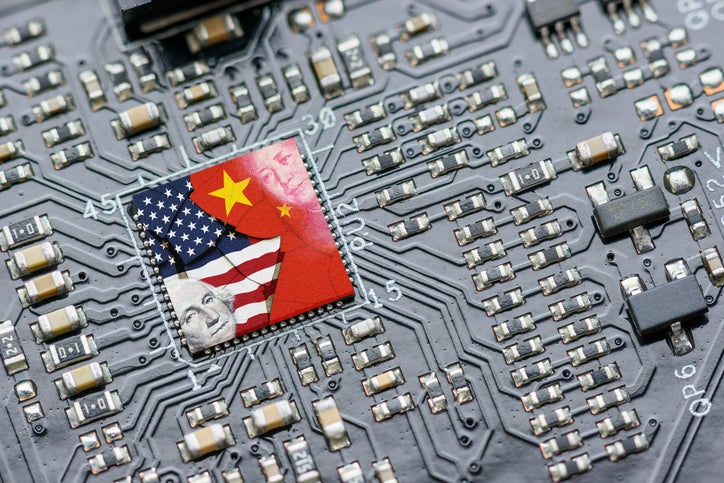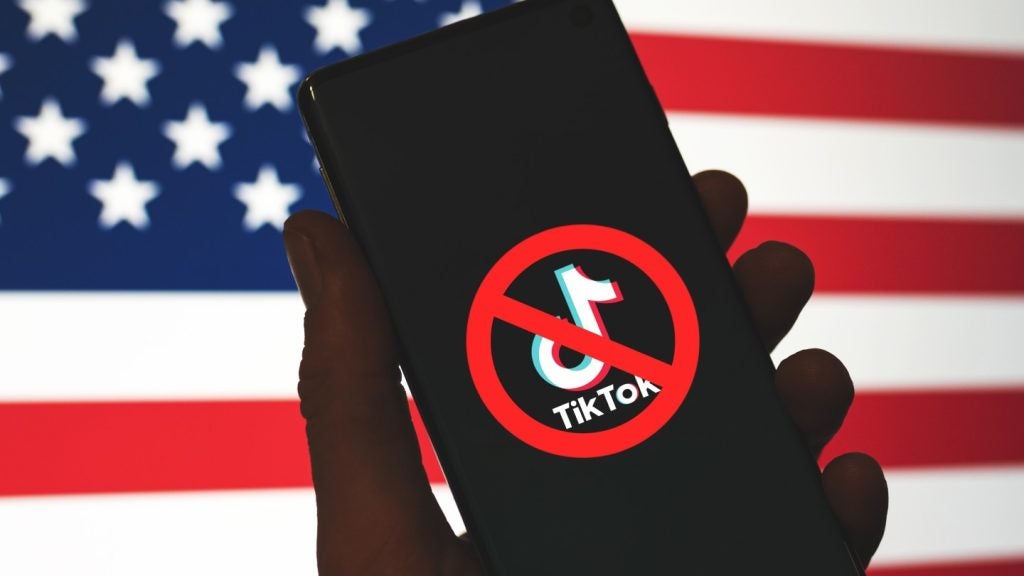
Rare earth magnets are a critical component in a wide range of electronic equipment, from consumer electronics to wind turbines to electric vehicle motors.
It has become essential in the development of an array of products, like smartphones and laptops, renewable energy technologies, and cutting-edge medical equipment.
Demand for rare earth elements is expected to escalate in the coming years, particularly as clean energy initiatives gain momentum.
The role of rare earth magnet tech
Rare earth magnets are a type of permanent magnet made from neodymium, praseodymium, and dysprosium, which have unique magnetic properties that make them ideal for use in electric motors and other applications where high magnetic strength and stability are required. They are preferred in EVs because they are lighter, smaller, and more efficient than traditional magnets, which helps to increase the range of the vehicle and reduce its overall weight.
The prevalence of rare earth magnets in the automotive market is expected to rise in the coming years as more countries adopt policies to promote the use of electric vehicles as part of their efforts to reduce greenhouse gas emissions. In the automotive sector, demand for rare earth magnets is anticipated to rise from about 7,000 tons in 2020 to over 200,000 tons by 2040, according to a Bloomberg analysis.
A possible ban
China, the world’s biggest producer of rare earth minerals, is considering a ban on rare earth magnet tech. A ban could disrupt the supply of these minerals and cause a shortage of high-performance magnets, which in turn would lead to higher costs for EV manufacturers outside of China. This could slow the growth of the EV industry and make it more difficult for countries to achieve their goals to decarbonize transportation.
How well do you really know your competitors?
Access the most comprehensive Company Profiles on the market, powered by GlobalData. Save hours of research. Gain competitive edge.

Thank you!
Your download email will arrive shortly
Not ready to buy yet? Download a free sample
We are confident about the unique quality of our Company Profiles. However, we want you to make the most beneficial decision for your business, so we offer a free sample that you can download by submitting the below form
By GlobalDataThe US-China trade war has had a significant impact on global trade. Over the past five years, the US has imposed numerous sanctions on trade with China to curb China’s dominance in the semiconductor, electronics, and electric vehicle industries. The potential ban of rare earth exports would be a retaliatory measure by China against escalating trade embargos. By re-writing its catalog of technologies prohibited from export, China is seeking to assert its control of the rare earth magnet supply chain and maintain a strong foothold in the energy transition industry.
If China prohibits the export of such technologies, the United States and Europe, which do not typically manufacture rare earth magnets, will find it difficult to enter the market unless they find alternative rare earth reserves to exploit.
Exploring options for new alternatives
The China ban could also spur innovation in the EV industry, leading to the development of alternative motor designs that rely less on rare earth minerals. In the long term, this could reduce the industry’s dependence on China and make the supply chain more resilient.
A number of these developments are already in the pilot testing stage. Scientists in India are fabricating a rare-earth-free magnet. This low-cost magnet uses a combination of iron, nitrogen, and carbon to create a magnetic material that does not rely on rare earth elements. This is an important achievement because it could lead to the development of more alternatives to rare earth magnets.
Overall, the ban on rare earth exports in China could have both short-term and long-term implications for the EV industry. If India becomes successful in making rare-earth-free magnets, then it will have the potential to become a significant supplier. It will be interesting to see how the industry adapts to these changes in the upcoming years.








